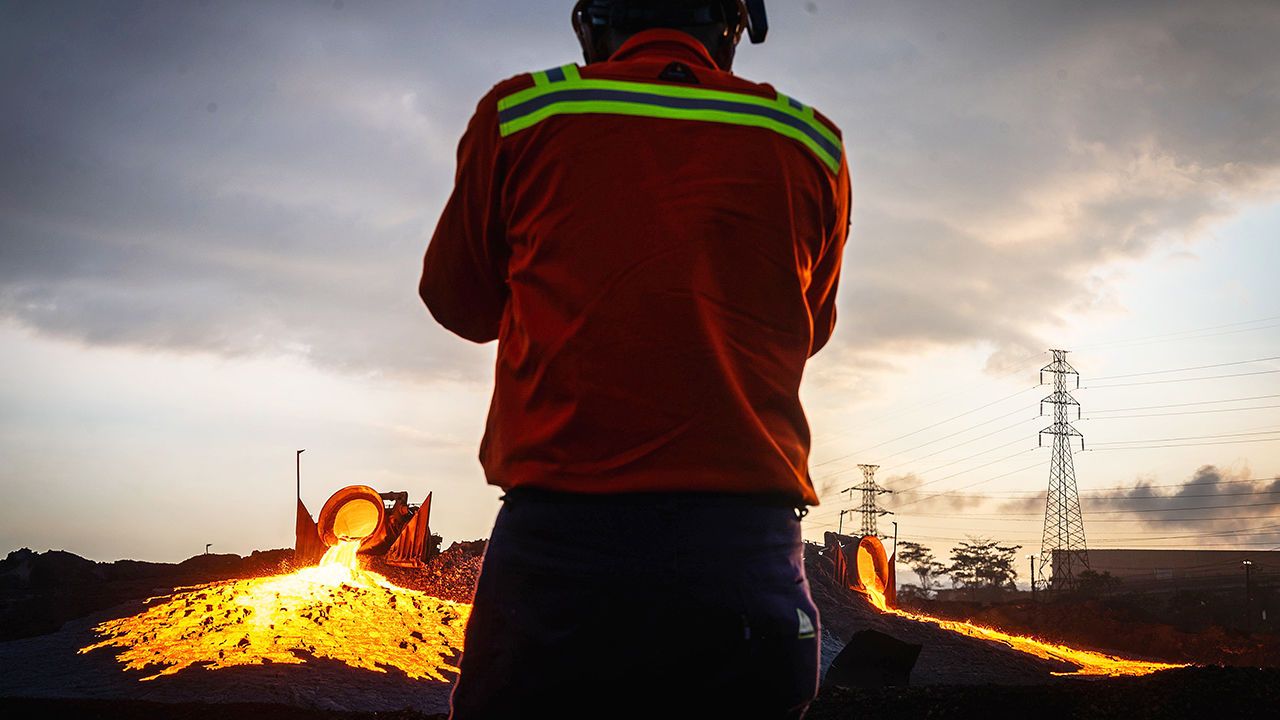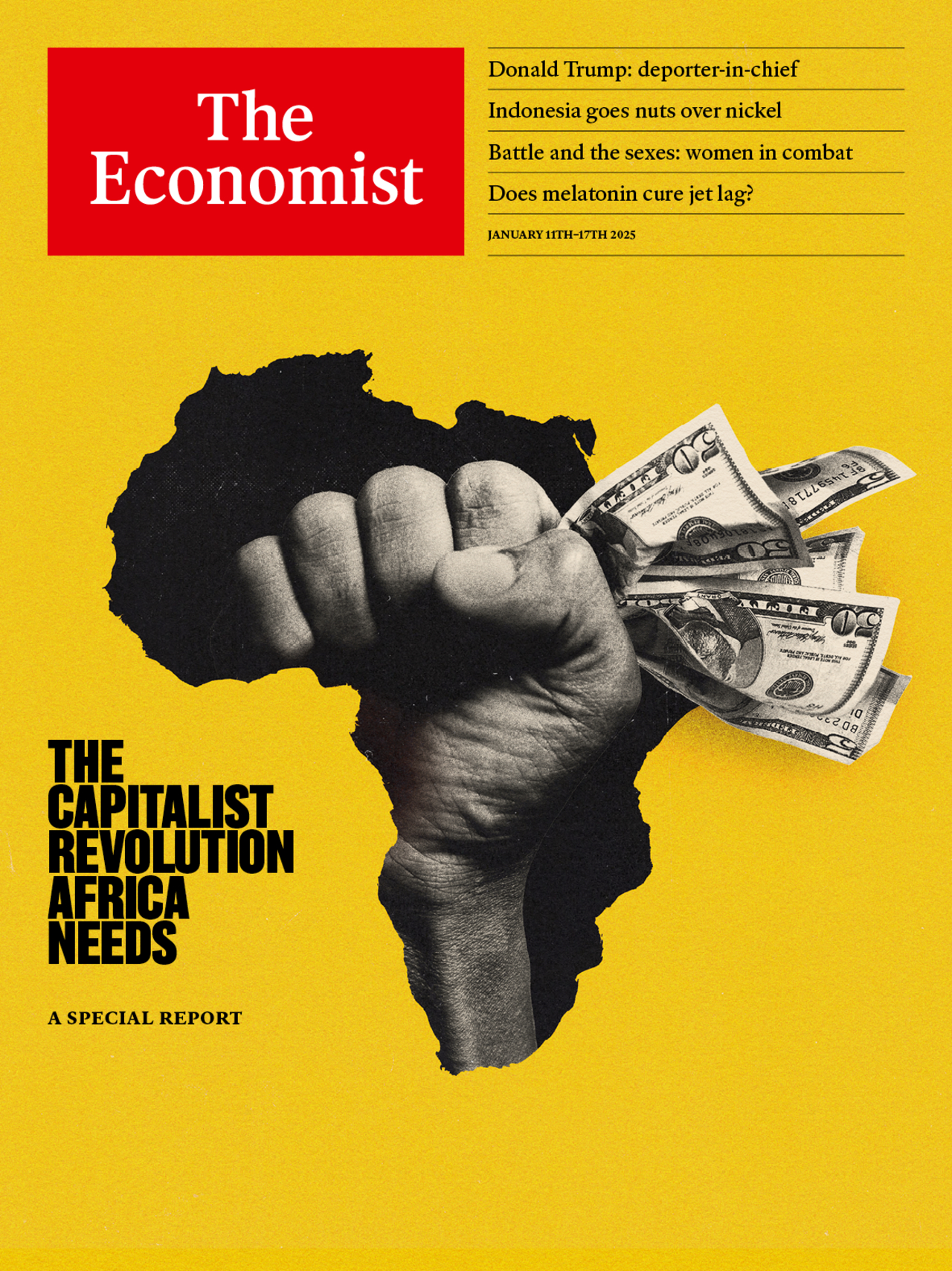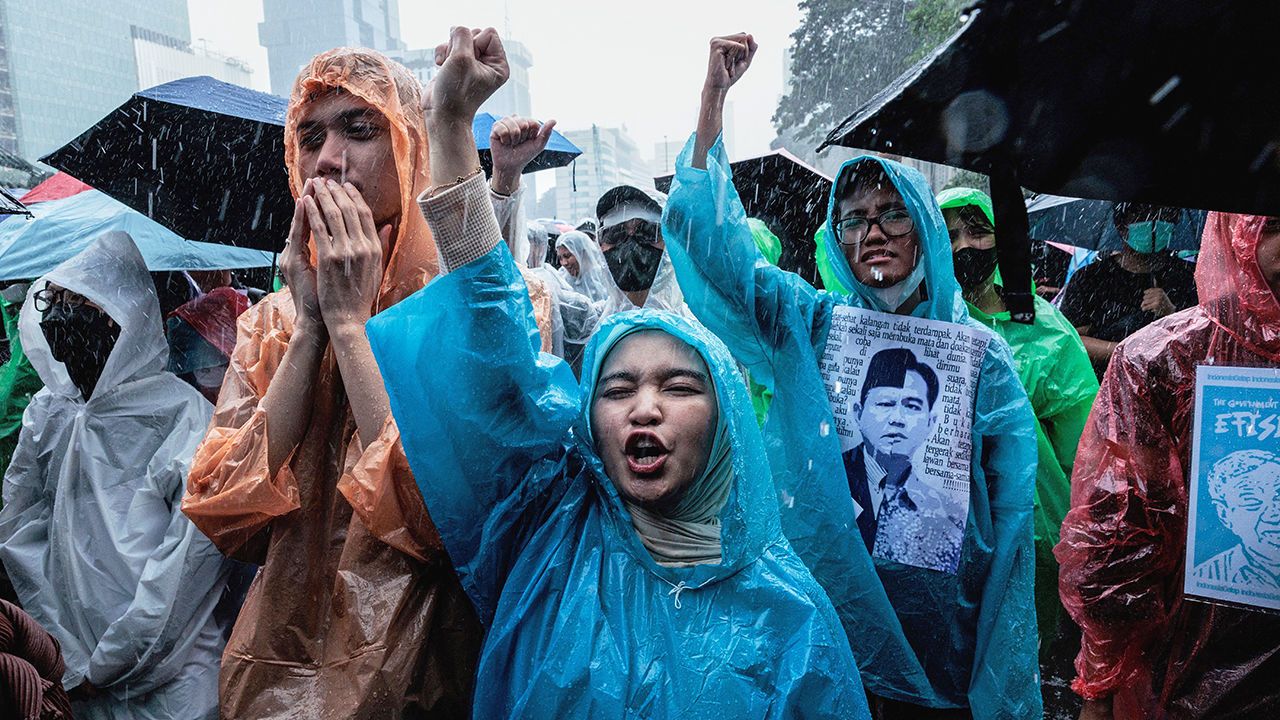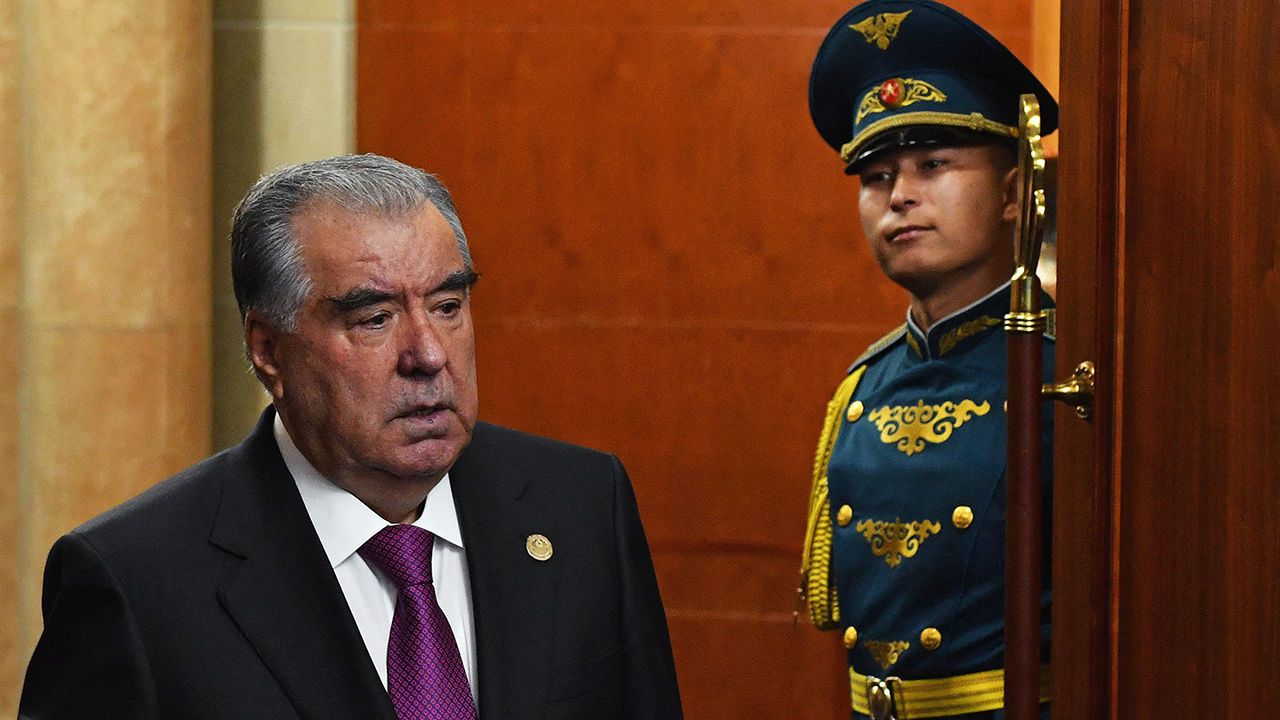Indonesia nearly has a monopoly on nickel. What next?
Prabowo Subianto, the new president, wants to create an electric car supply chain

In 1996 Tommy Suharto, the youngest son of Indonesia’s dictator, set out to build the Timor, a national car. The plan was to import models manufactured by Kia Motors, a South Korean carmaker, and rebrand them. Kia would teach Indonesians carmaking; strict local-content requirements would ensure the economy benefited. But as a financial crisis in 1997 battered Indonesia’s car market, 15,000 Timors sat idle in a car park. By 1998, as riots in Java brought down the Suharto regime, embarrassed Indonesians who owned the national car tore off their “T” logos. Under pressure from furious trade partners, the Timor was withdrawn.
This article appeared in the Asia section of the print edition under the headline “Back to the future”
Asia
January 11th 2025- Indonesia nearly has a monopoly on nickel. What next?
- Pakistan’s army puts a former intelligence chief on trial
- What a 472-year-old corpse reveals about India
- AUKUS enters its fifth year. How is the pact faring?
- Joe Biden’s mixed legacy on Japan
- By resisting arrest, South Korea’s president challenges democracy

From the January 11th 2025 edition
Discover stories from this section and more in the list of contents
Explore the edition
Prabowo Subianto is drastically cutting Indonesia’s budget
The cash saved is going into a new fund he controls

The election in Tajikistan is unlikely to be democratic
Instead it will be a way for Emomali Rahmon, the president, to cement his rule

How overt religiosity became cool in India
The Maha Kumbh Mela shows how tradition has become trendy
The trouble with ancient Indians
India is rapidly ageing. It’s in for some surprises
Singapore’s leader of the opposition is convicted of lying
The city-state’s usually dull politics have taken a turn
Only Asia can help America counter China’s shipbuilding prowess
But will Donald Trump let it?








